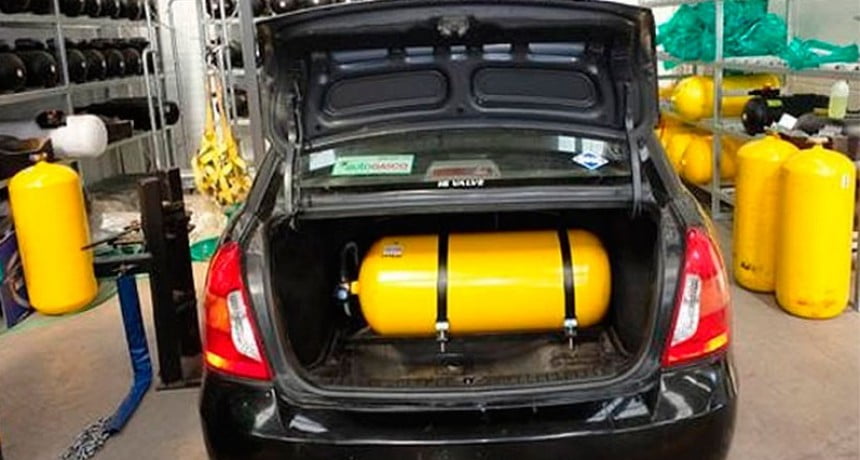In a bid to boost the adoption of compressed natural gas (CNG) vehicles and reduce transportation costs, the Nigerian government has officially commissioned a pilot conversion center for vehicles in the Federal Capital Territory.
This initiative is intended to mitigate the impact of petrol subsidy removal and promote more environmentally friendly energy sources.
Said Alkali, Minister of Transportation, underlined the need of shifting to CNG as a means of repositioning the transportation sector. He stated that greenhouse gas emissions are harmful to human health and the environment, and that Nigeria must do its lot to reduce carbon emissions.
Dr. Magdalene Ajani, Permanent Secretary of the Federal Ministry of Transportation/Marine and Blue Economy, encouraged Nigerians to consider converting their vehicles to CNG, emphasizing that this initiative not only involves vehicle conversion but also provides employment opportunities and aids in the development of a sustainable future.
The adoption of CNG, according to Michael Oluwagbemi, CEO of the Presidential Compressed Natural Gas Initiative Steering Committee, is an important achievement that diversifies the transportation sector away from fuel dependency and toward natural gas. The CNG hub would pave the path for Nigeria to have a more environmentally sustainable and economically prosperous future.
The establishment of this prototype conversion center is part of the government’s attempts to promote cleaner energy and lower Nigerians’ transportation expenditures. It is projected to lead to a greater use of CNG automobiles throughout the country. Seven CNG conversion centers have been created in Nigeria to support this project, with the newest commissioned center located at the Nigerian Institute of Transport Technology in Abuja.




